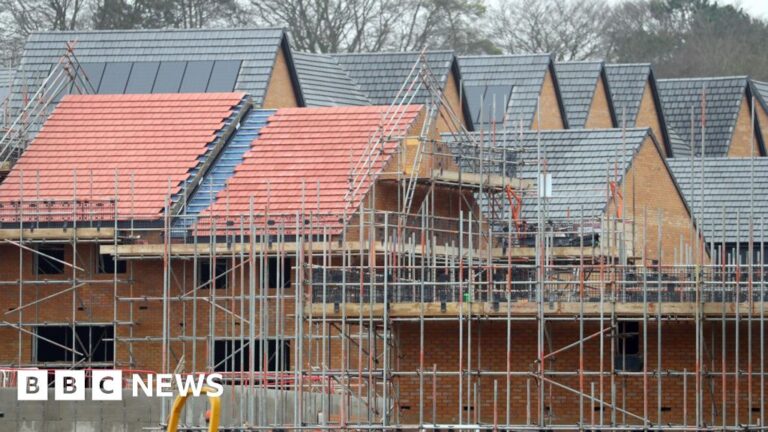Housing asylum seekers at a hotel is causing an “unacceptable” risk to public safety, the High Court has been told. Epping Forest District Council has applied for a temporary injunction to block asylum seekers from being housed at The Bell Hotel in Epping, Essex. Protests began outside the hotel last month and Essex Police said at one point up to 2,000 people were demonstrating near the hotel and 16 people have been charged with offences relating to the disturbances. The protests have unfortunately been attended by violence and disorder.
The protests began after a man living there was arrested and charged with sexual assault, harassment and inciting a girl to engage in sexual activity. Hadush Kebatu, 41, from Ethiopia, has denied the offences and remains on remand in custody. Mr Justice Eyre is hearing submissions from the 80-room hotel’s owners into Friday afternoon, but said it was “unlikely” that a ruling would come this week.
The council lodged the application on Tuesday and asked that it take effect within 14 days in the event it was granted. Epping Forest District Council comes to this court seeking an injunction because it has a very serious problem. There has been what can be described as an increase in community tension, the catalyst of which has been the use of The Bell Hotel to place asylum seekers. It is a problem that is causing great local anxiety.
The defendant, Somani Hotels, “did not advise or notify the local planning authority” to seek its views on the use of the site. It was not until two months later, when Epping Forest received a complaint about the use, that the matter came to the planning department’s attention. He added the hotel was no longer a true hotel because the residents had not chosen to stay there, like ordinary guests. For them, the Bell Hotel is no more a hotel than is a borstal to a young offender.
It did not appear on booking sites and people did not go there for meals, drinks or meetings, he added. It has been emptied out of all of the uses and purposes. The council told the court in written submissions residents were reported to be scared and local businesses suffering. Councillors feared the area was at “breaking point” and there was a “persistent atmosphere of tension” since the town had become a “focal point”.
Mr Coppel pointed out there were three schools with 1,800 students within a one-kilometre radius of the hotel, and they would soon be re-opening for the autumn term. Having this sort of thing go on in such a concentration of schools with no measures in place to stop a repetition is not acceptable. It really could not be much worse than this. He said the case has been brought against the hotel owner because it was the landowner, and had previously applied for planning permission.
Concluding his submissions, Mr Coppel told the judge that if an injunction was not granted, “Your Lordship will be telling the residents in Epping: ‘You have just got to lump it.'” He added that the council is “acting in a proportionate way, in the interests of its residents”, and that “enough is enough”. Lawyers representing Somani Hotels told the court that an injunction would cause asylum seekers “hardship” and would set “a dangerous precedent that protests justify planning injunctions”.
Piers Riley-Smith, for the hotel firm, told the court in written submissions that the injunction bid should be delayed to a later date and that the Home Office’s contracted service provider, Corporate Travel Management (North) Limited (CTM), should be involved in the case. He said the alleged planning breach was “not flagrant”, and it was “entirely wrong” for the council to “suggest the use has been hidden from them”. The hotel previously housed asylum seekers from May 2020 to March 2021, and from October 2022 to April 2024, he added.
The company was not arguing the concerns of Epping’s residents were “not genuine”, but they did not justify an interim junction to stop the use of the hotel. He said the recent protests had expanded far beyond the local community and encompassed “concerns about wider ideological and political issues from those outside the community.” But these were “not relevant to planning”, he added. The Home Office previously told the BBC: “It would be inappropriate to comment while legal proceedings are ongoing.”
Source link




